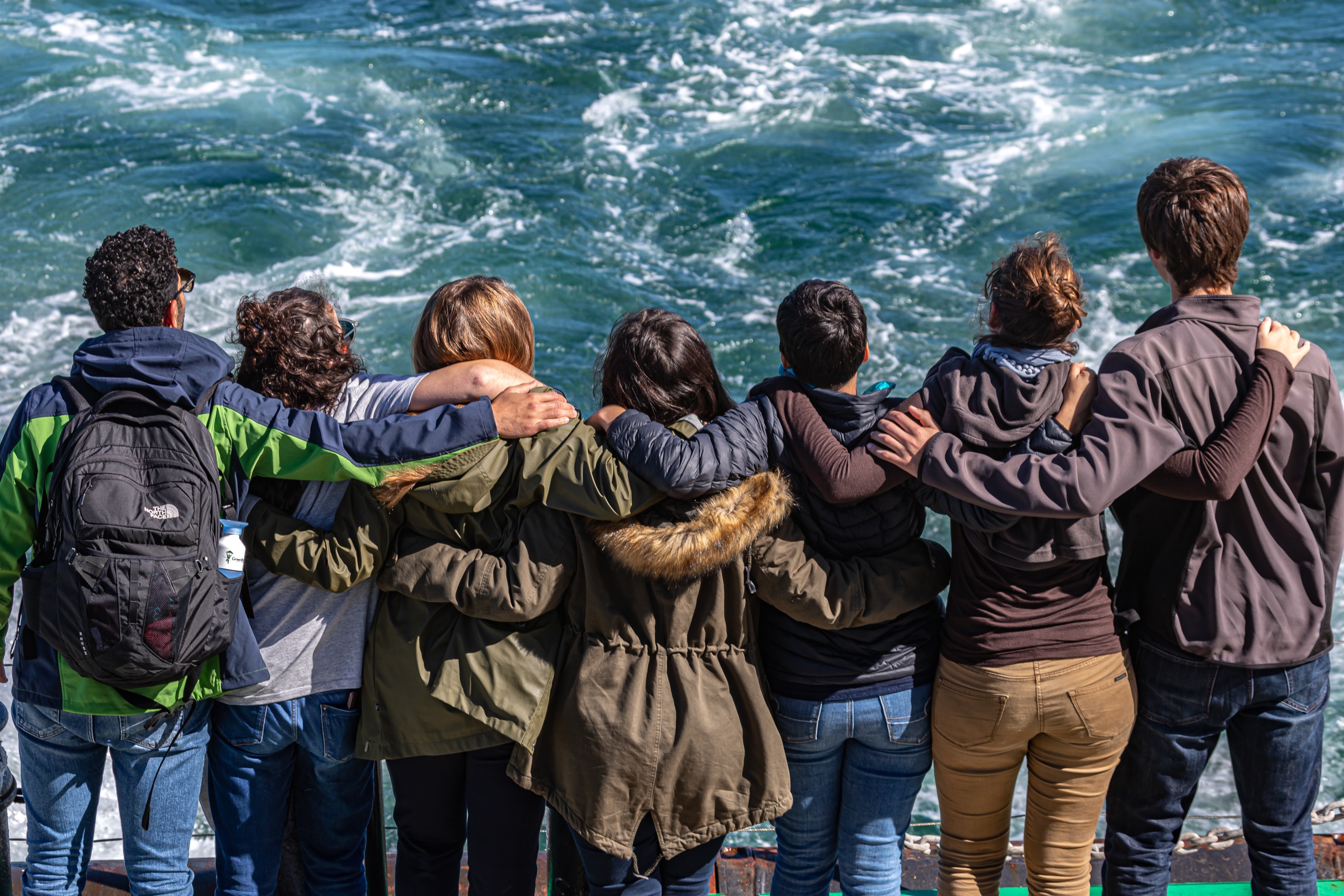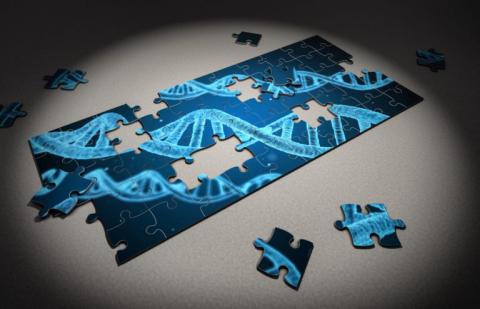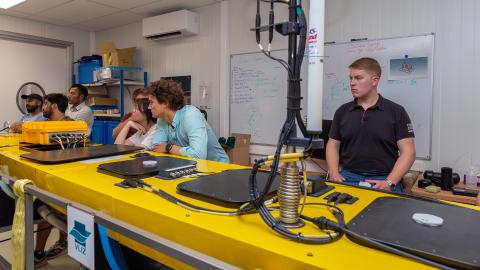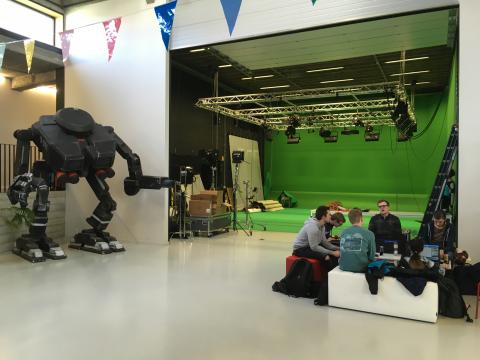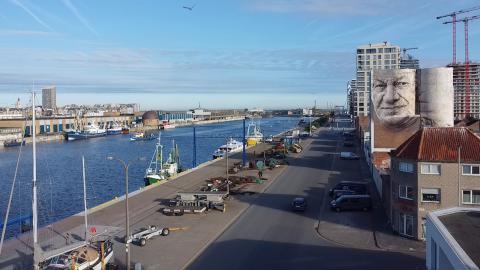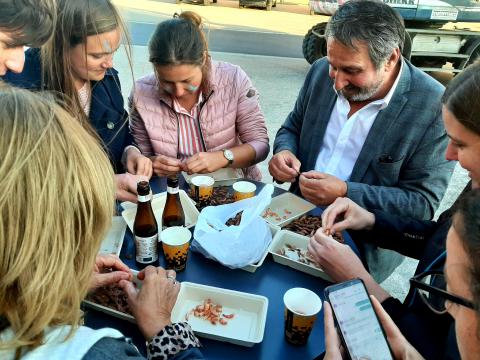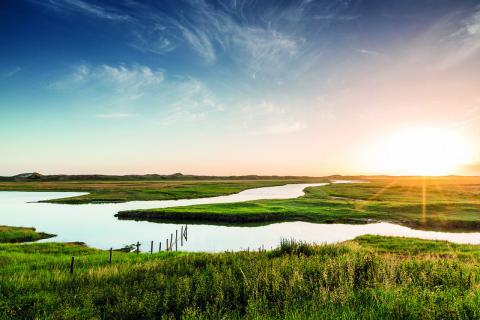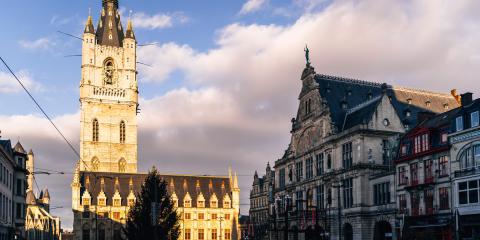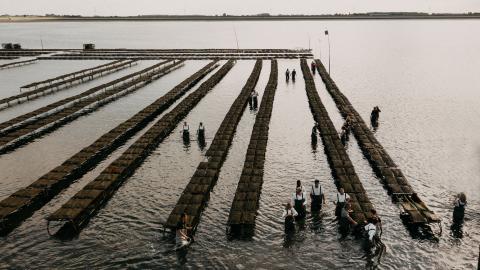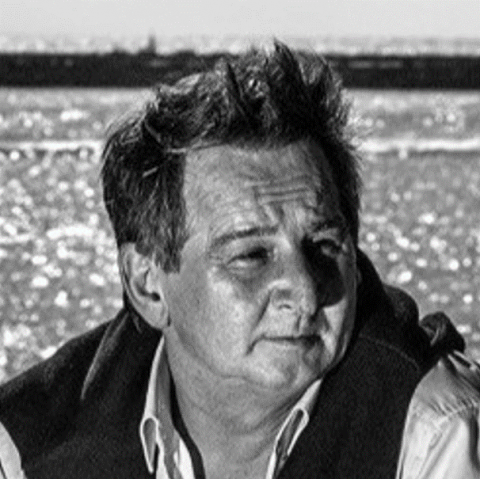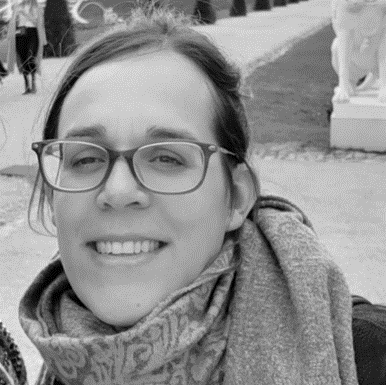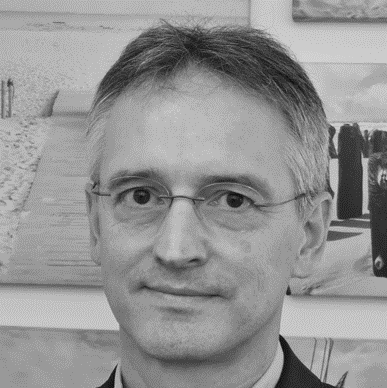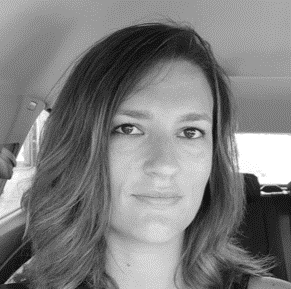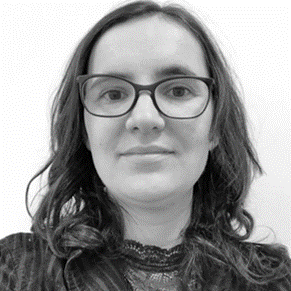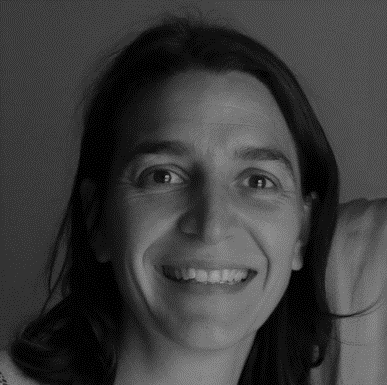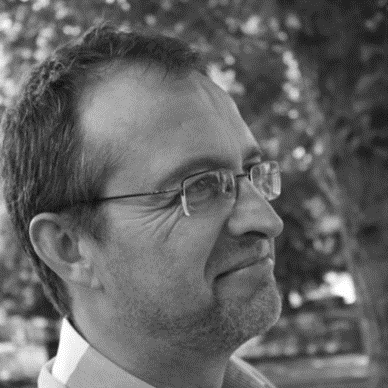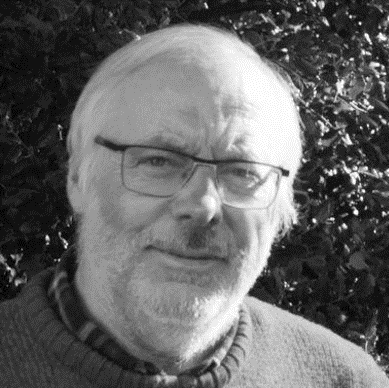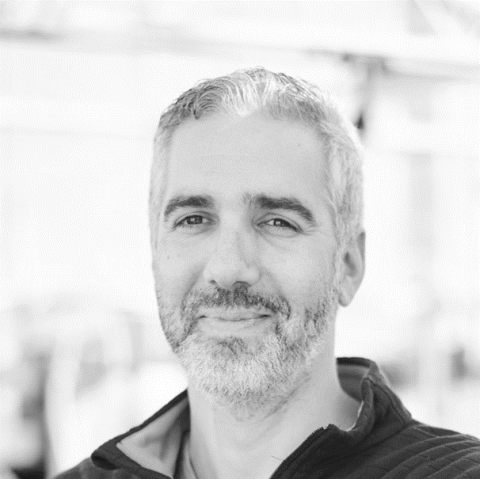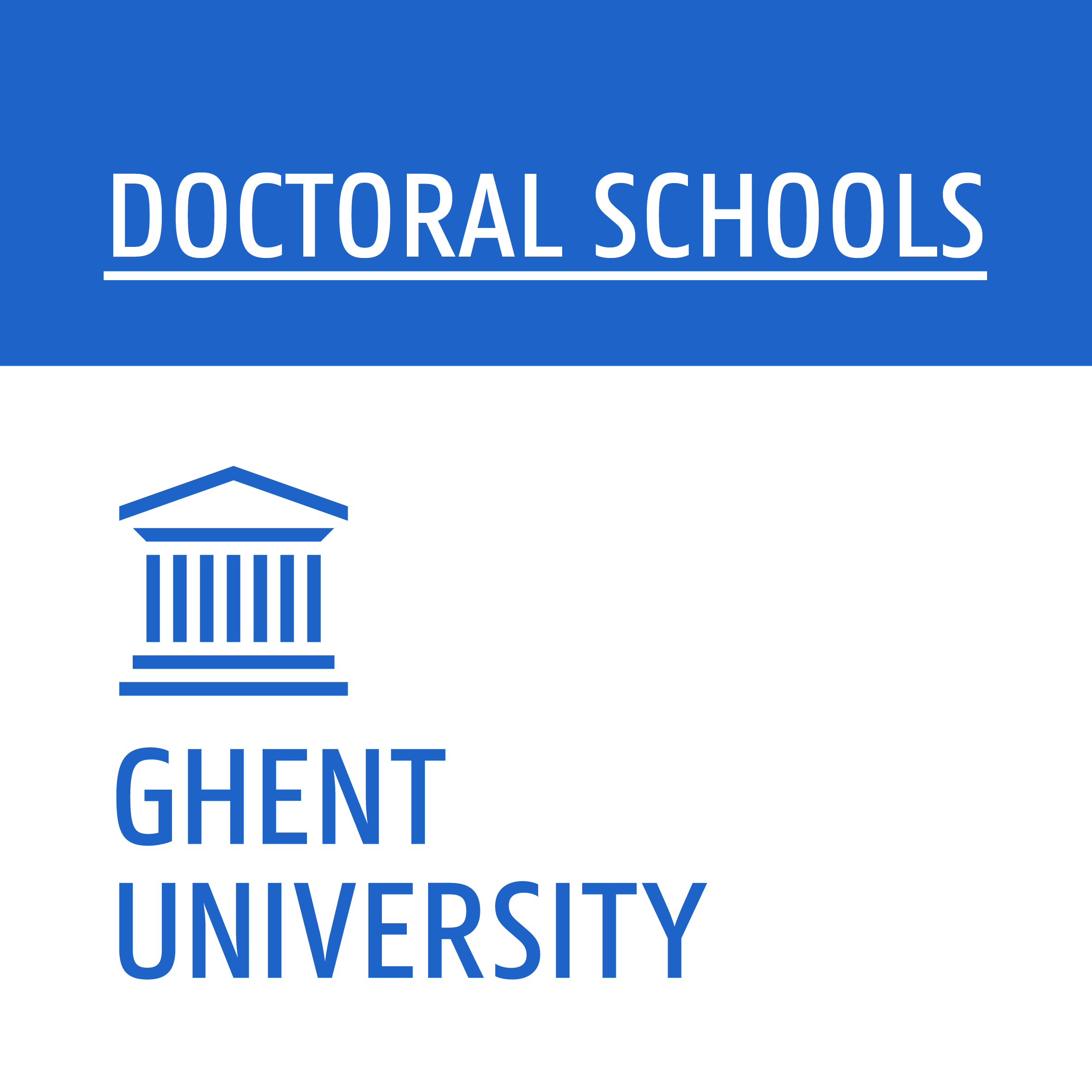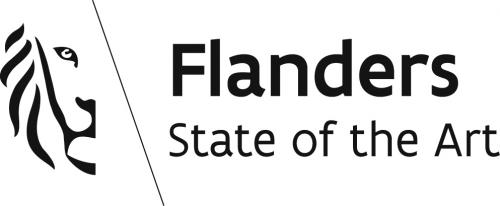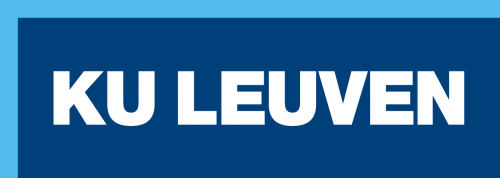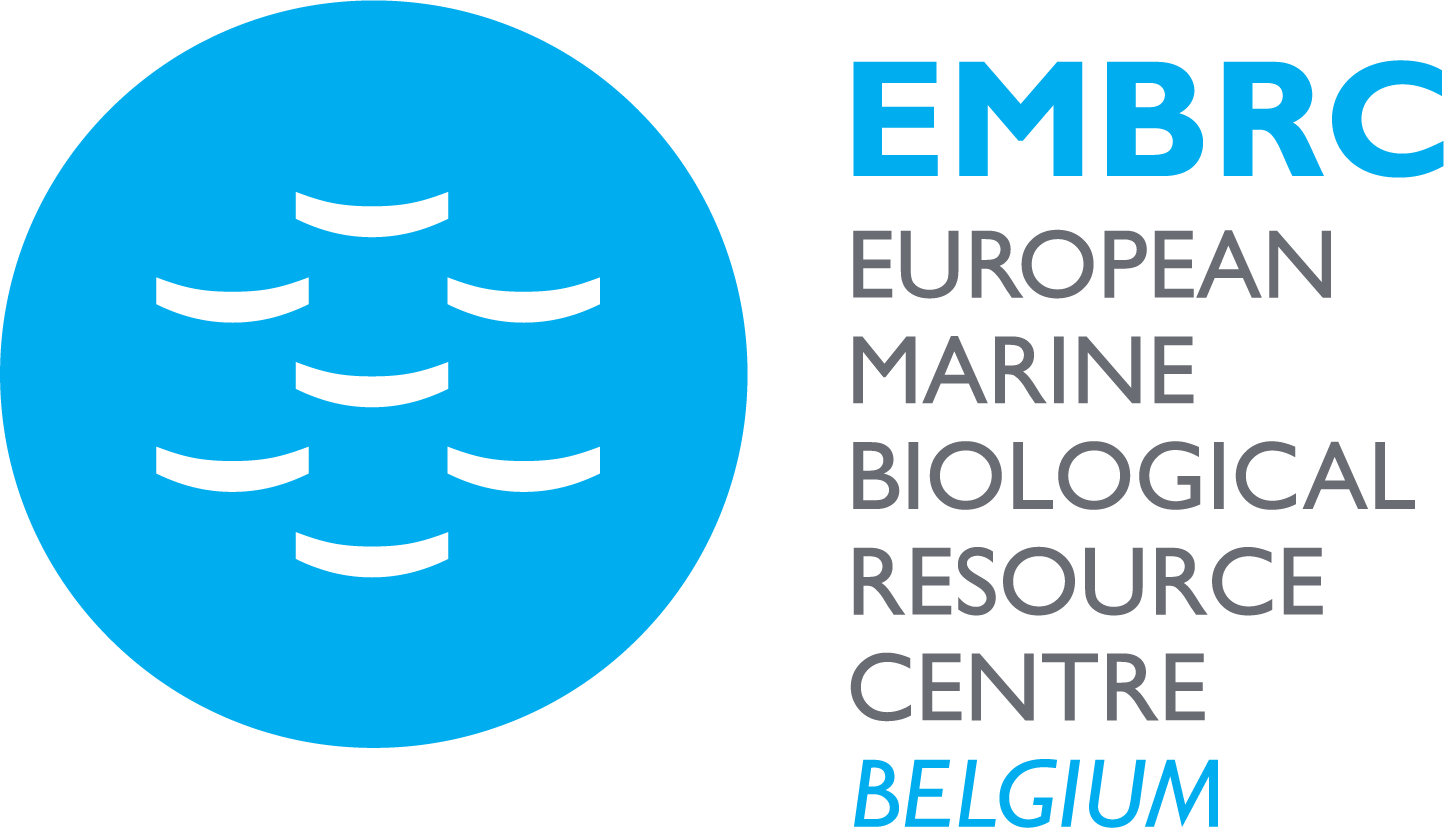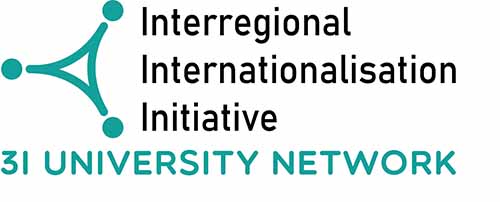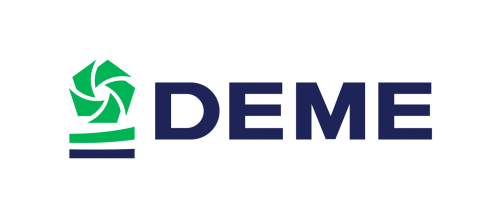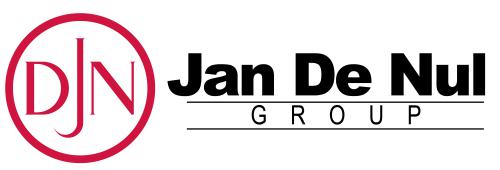Blue Science & Technology Summer Training
3 - 14 July 2023
Ghent & Ostend, Belgium
6th edition of the Blue Science & Technology Summer Training.
Meet your peers and get submerged in multidisciplinary lectures and workshops, various unique site visits.
Two days of the summer school will be hosted in Zeeland, the Netherlands.
Outline
Planet earth’s defining feature is the ocean, covering approximately 70% of the planet’s surface. It is the reason that life exists. It produces oxygen, absorbs carbon dioxide and contributes to freshwater renewal. The ocean provides important goods and services to society. It is a major part of the world economy, with more and more nations looking to the ocean as a way to meet the needs of their people, particularly coastal communities.
In crowded seas such as those around the European Union, including the North Sea, pressures on the environment are building and space is at a premium. In managing these areas, the interests of different economic sectors, including fishing, energy, shipping and tourism, must be considered.
Tomorrow’s generation of marine scientists and engineers, high level technicians, and other trainees will need to be able to work in a multi-disciplinary fashion. Knowledge is required beyond the complex scientific and technical issues, but requires employees to cut across scientific, environmental, economic and social disciplines.
The Blue Science & Technology Summer Training (BlueS&T) introduces key components that build a strong foundation for a sustainable blue economy. Study the smart solutions for marine and maritime challenges with us and you’ll widen your skills and build your grasp on one of the most significant areas of innovation, research and development in the modern world.
Learning objectives
The objective of this Summer Training is to offer an add-on learning opportunity for participants with a mainly scientific background to be prepared for the rapidly evolving demands of the blue economy sector. During the program students will:
- Obtain insight into business opportunity development and the commercial realities faced by industry, through guest lectures from blue economy entrepreneurs and on-site visits
- Gain hands-on experience in the field
- Learn additional soft skills important for your career
- Be able to communicate with peers, with various stakeholders in blue economy field, and with a general public concerning scientific concepts and research
- Acquire an advanced scientific problem-solving capacity, design multidisciplinary approaches and collect, analyze and interpret data
- Be competent to further develop a network in an international and multidisciplinary context and apply this in an integrated problem-solving nature
Modules
BlueS&T aims to close the mismatch between knowledge provided by higher educational establishments and the competences requirements of Blue Economy's technical staff by combining ex-cathedra lectures on a specific scientific subject with hands-on practical and multidisciplinary workshops and on-site visits.
BlueS&T is organized as a two-week course with topics like oceans and human health, sustainable seafood, coastal engineering and Building with Nature, social innovation and maritime spatial planning and multi-use at sea. This set-up provides students the option to participate for the full duration of the course or one week.
Participants benefit from a blend of project work to encourage independent learning, foster collaborative skills, plenty of teacher time in tailored classes and interactive workshops. BlueS&T maximizes contact time with our experts, and ensures participants get the most enriching educational experience possible. What sets us apart are our partnerships. By partnering with world-leading companies in the field participants will be tackling real-world projects in a range of inspiring settings, guided by our academics and industry professionals.
Students enjoy ex-cathedra lectures (about 50%) where leading academics devote their full attention. A mix is provided of (inter-)national lectures from amongst others Ghent University, VLIZ, KU Leuven, VUB, HZ University of Applied Sciences, NIOZ, Wageningen University and Research, and various international partners of the EPIBOOST consortium like University of Aveiro (Portugal) and the 3i University Network like University of Lille and Kent
The knowledge gathered during the ex-cathedra lectures will be combined during multidisciplinary workshops and lab-activities, panel discussion and various onsite visits.
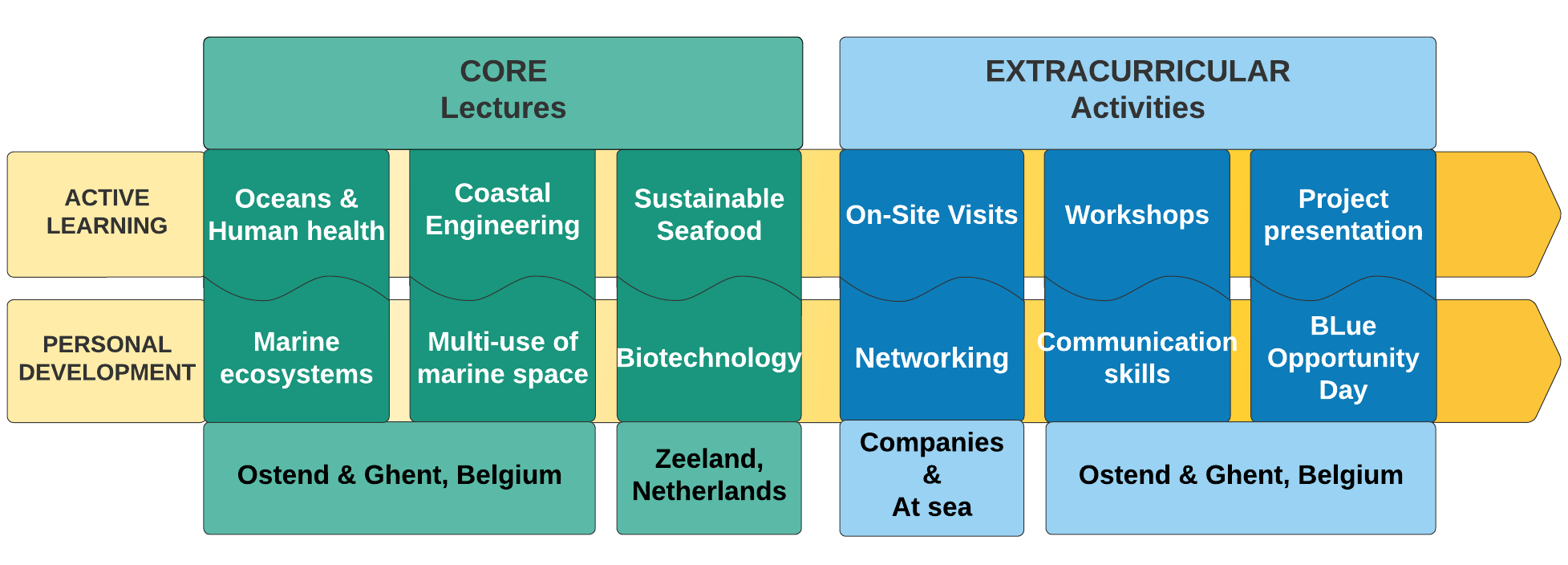
The themes of Summer Training sessions are mostly related to the 5 priorities of blue economy as relevant for the entire region, i.e. the EU countries as well as non-EU-countries. Themes will include, but are not limited to:
- Blue economy in the EU (governance and finance)
- Healthy oceans
- Ecosystem services
- Sustainable seafood
- Coastal engineering and Building with Nature
- Marine spatial planning
- Maritime transport
- Bioprospecting
- Deep sea exploration and mining
- Social innovation
- Entrepreneurship
Participants will be asked to participate actively, including by presenting a group assignments at the end of the Summer Training.
Unique opportunity
Do you want to broaden your knowledge even more and extend your participation in the Blue S&T Summer Training with an additional week? Then why not join the Blue Carbon Summer School in Wimereux, from 26th until 30th of June 2023? As part of the cooperation in the 3i University Network and the EPIBOOST consortium, Station Marine de Wimereux (University of Lille) hosts this intensive programme with general lectures focused on carbon stored in coastal and marine ecosystems, but also field and experimental demonstrations of carbon exchange measurements. This training is certified by the University of Lille, allowing participants to obtain a certificate corresponding to a 30h training (ECTS). The Blue Carbon Summer School 2023 will take place in the Station Marine de Wimereux, one of the oldest marine stations in France. For more information and registration, visit the Blue Carbon Summer School website.
